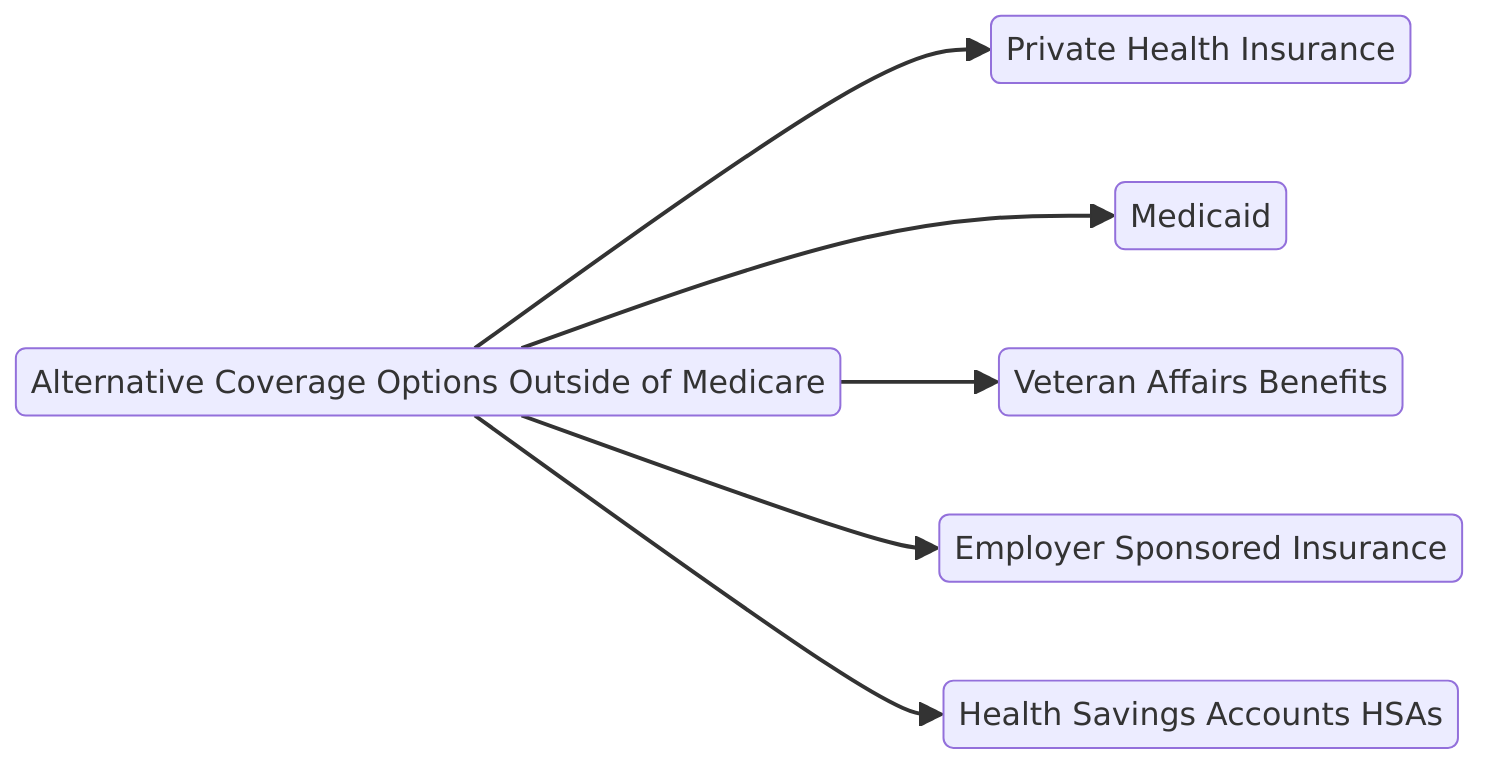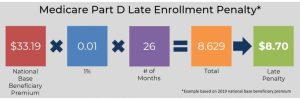When it comes to Medicare you’ve got a lot of questions. One of the common ones we hear is “Does Medicare cover air purifiers?” Well buckle up because we’re diving into that topic today and it’s not as cut and dry as you might think. We’ll go over what Medicare covers what it doesn’t and when you might need to consider alternatives for better breathing at home.
Understanding Medicare Coverage for Durable Medical Equipment
Medicare Part B covers Durable Medical Equipment (DME) that your doctor deems medically necessary. This includes things like oxygen equipment wheelchairs and hospital beds. So where does an air purifier fit into this? Not so fast. While air purifiers can make a big difference in improving air quality they aren’t automatically considered necessary medical equipment.
Does Medicare Consider Air Purifiers Medically Necessary?
Nope! Generally air purifiers aren’t classified under DME because Medicare only covers equipment that serves a specific medical function like helping you breathe (think oxygen tanks). Air purifiers while helpful to your lungs by cleaning the air don’t qualify in most cases because they’re seen as “environmental enhancements.”
But wait there’s a catch!
Special Cases: When Medicare Might Cover an Air Purifier
There are exceptions to every rule right? In very rare cases Medicare may cover an air purifier if a doctor can argue that it’s necessary for treatment. For example if you suffer from severe asthma or respiratory conditions like COPD a doctor might be able to get Medicare to partially cover the cost. However you’re going to have to jump through some hoops and probably write a letter or two!
“I wouldn’t count on it” says Henry Beltran owner of Medicare Advisors Insurance Group LLC “It’s really rare and you might spend more time fighting Medicare than just buying the purifier yourself.”
Let’s Break it Down: What Air Purifiers Can Help With
Air purifiers aren’t just gadgets you see in commercials they actually can help with:
- Allergens like pet dander pollen and dust
- Smoke from wildfires or indoor smokers (who still smokes indoors though?)
- Dust Mites which are those tiny critters you can’t see but your nose sure knows them
- Mold Spores if your home is prone to dampness
Medicare Alternatives: Other Air-Cleaning Equipment
If Medicare won’t cover an air purifier what other options do you have? For severe lung conditions Medicare will cover some equipment like:
- Oxygen concentrators
- Nebulizers
- CPAP machines for sleep apnea
These devices are all considered essential for maintaining lung function but your everyday air purifier doesn’t make the cut.
Find Medicare Plans in 3 Easy Steps
We can help get up to $0 monthly premium Medicare plans
Potential Drawbacks of Popular Air Purifiers (With a Twist)
1. HEPA Air Purifiers
These guys are the gold standard in air purification and work wonders for trapping airborne particles. But here’s the thing—HEPA filters need to be replaced regularly and those costs can sneak up on you quicker than your dog shedding all over the living room.
Potential Drawback: You’ll spend more on replacement filters than on your first car if you’re not careful.
2. Ionizers
Ionizers sound fancy and they actually use charged ions to remove particles from the air. The issue? Some models produce ozone as a byproduct and let’s face it nobody needs more pollution in their own home. Plus have you ever smelled ozone? It’s not exactly spa-like.
Potential Drawback: “Buy one and suddenly your living room smells like a science lab after a bad experiment,” says Henry Beltran with a chuckle.
3. UV-C Light Purifiers
Ultraviolet light air purifiers can neutralize bacteria and viruses. The downside? UV-C bulbs need replacing just like HEPA filters and guess what they don’t work great for filtering out dust or smoke particles. Oh and if you’re expecting your purifier to save you from COVID? Think again.
Potential Drawback: Your dust bunny population will thrive while you’re busy disinfecting the air.
Alternative Coverage Options Outside of Medicare
Okay so Medicare doesn’t have your back on air purifiers. What now? Here are some ways to get help paying for them:
- Medicaid – Medicaid’s coverage is more flexible in certain states.
- Veteran’s benefits – Some VA benefits might cover air purifiers especially if they’re tied to respiratory care.
- Private insurance – Check with your private health insurance provider to see if they might offer coverage.
- HSAs or FSAs – You can use Health Savings Accounts (HSA) or Flexible Spending Accounts (FSA) to buy air purifiers without paying taxes on the purchase.
Personal Opinion from Henry Beltran
“Look at the end of the day air purifiers can help with allergies and all that but don’t expect Medicare to cover one unless you’ve got a really good doctor who’s willing to fight for it. It’s more of a luxury than a necessity when it comes to Medicare’s viewpoint. Your best bet is to shop around and maybe invest in one yourself.”
Find Medicare Plans in 3 Easy Steps
We can help get up to $0 monthly premium Medicare plans
Final Thoughts
So to answer the big question: Does Medicare cover air purifiers? Generally no but there are a few loopholes if you have a severe respiratory condition. If you’re banking on Medicare to cover it though you might be left hanging. The good news is air purifiers are more affordable than ever so if you need cleaner air at home it might be worth the investment on your own dime.







